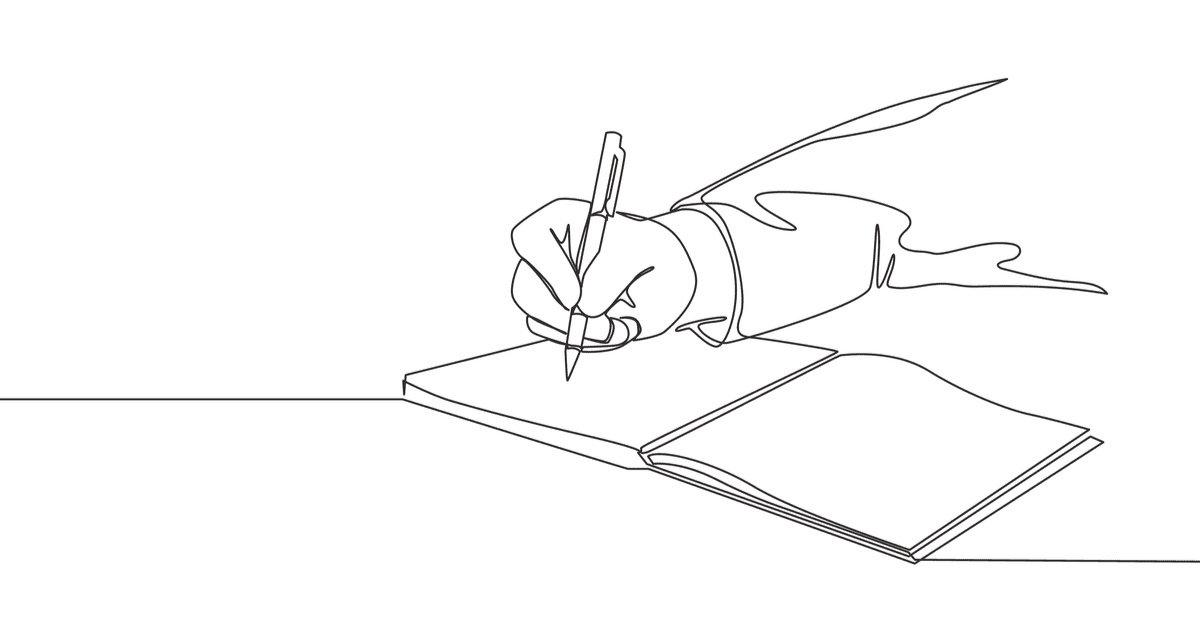As someone who has written thousands of articles on the Internet, as well as helped over 150 founders, investors, speakers, and professional athletes write articles of their own, I’ve learned a thing or two about what it takes to get someone to “pay attention.”
I’ve experienced this same scenario more times than I can count:
I find my way to a Venture Capital firm’s website. On the footer, I see a few social links. One of them is a link to their Medium blog (or the personal Medium page of one of the firm’s partners). And before the page even loads, I know exactly what I’m about to find.
- I anticipate three, maybe four posts total, with no real consistency or long-term commitment.
- I anticipate ambiguous titles, of which my only reason to click would be to answer the question, “Who on earth would do this?”
- I anticipate a blurry header image, compliments of Google images.
- I anticipate no real introduction, no real frame of the argument. No subheaders to guide the reader along. Just big blocks of text, paragraph after paragraph.
- And most of all, I anticipate very little engagement.
And sure enough, everything I’ve anticipated is right there, in plain sight, for me to stare and say to myself, “How is this a good representation, in any way, of the firm’s leadership and perspective on the business world?”
There is 1 very simple reason why such brilliant, successful, even well-known people get so little views on their content.
I’ve seen it with renowned Silicon Valley investors.
I’ve seen it with legendary creative directors, renowned public speakers.
I’ve even seen this happen with New York Times best-selling authors.
Expertise isn’t the issue. Knowledge and experience and memorable stories are plentiful from these kinds of people. Even their chicken scratch shifts your perspective and leaves you thinking about the world differently.
What’s unfortunate is that more people won’t benefit from those brilliant insights. Because they won’t be clicking on the article in the first place.
And I can tell you exactly why.
As someone who has written thousands of articles on the Internet, as well as helped over 150 founders, investors, speakers, and professional athletes write articles of their own, I’ve learned a thing or two about what it takes to get someone to “pay attention.”
Here’s the big secret: you could have a great story, you could have the most eye-opening insight the world has ever heard, but it only matters (on the internet) if you get the frame right.
And that starts with the title.
Let me give you an example.
Which title are you more likely to click on?
- Evernote And Why
- The Story Of Evernote: How 1 Sporadic Decision Led To The Company’s Flagship Product Feature
(FYI — I was just using Evernote, hence the example. I have no idea whether or not 1 sporadic decision led to the company’s flagship product feature. But it sure sounds like a great title, no?)
You’d have to be crazy to tell me that Title #1 is more compelling than Title #2. How? In what universe would you find yourself scrolling through your Facebook feed of washed-out engagement photos, news links, and viral videos, see the title, “Evernote And Why,” and think to yourself, “Well I just absolutely have to spend the next 37 seconds of my life checking that out.”
You wouldn’t. In fact, you probably wouldn’t have even noticed the title in the first place.
You’d have scrolled right past it.
I’ve been writing online for a long time. I wrote my first blog post when I was 17 years old, and never looked back.
And I can tell you that there is no more valuable skill in today’s digital age than understanding the science behind viral-worthy headlines.
Or, forget the word “viral.” Just the science behind writing worthy headlines.
Because unless you can get your potential reader to pause and feel compelled to enter your universe, they won’t. They’ll opt for something easier to understand, faster. And to clarify, that doesn’t mean to “dumb down” your content, or the quality of what you’re saying. It means streamlining your idea, compressing it, fitting the entire arc of your message into a small handful of words—so much so, that the reader can immediately understand the journey you’re about to take them on.
But instead, I find many of the business world’s most brilliant minds, the people who actually have something to meaningful to say, would rather opt for “unconventional” titles. “Creative” titles. And in doing so, they think they are achieving some level of mystique and allure—when in reality they’re welcoming ambiguity and confusion.
So, here’s a piece of writerly wisdom: the words “good” and “bad” are inefficient ways to measure effective writing. They’re subjective, at best, and your aim should never be “good” or “bad.”
Your aim should be clarity.
If the reader can’t immediately understand the road you’re about to take them down, you’ve lost them.
And what good is cutting down a big, brilliant tree with your educated opinions if no one is in the woods to hear it?

